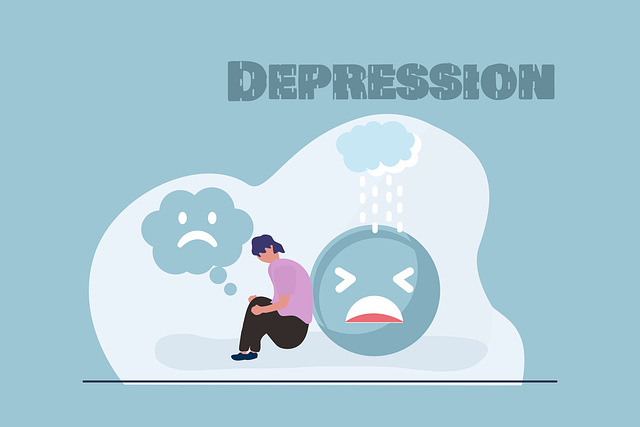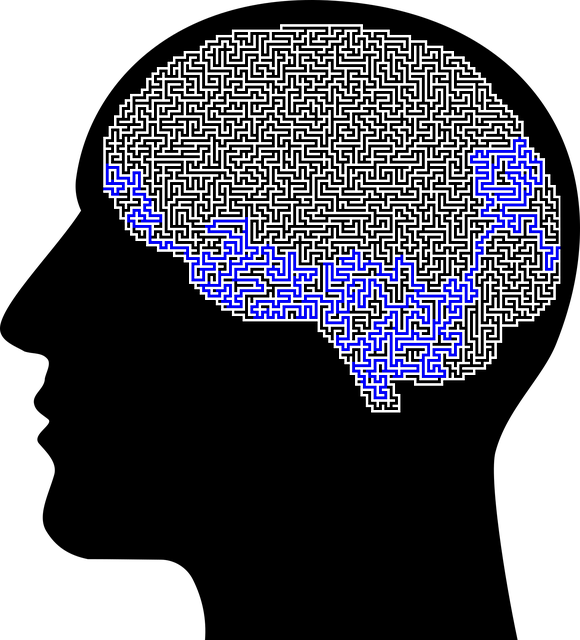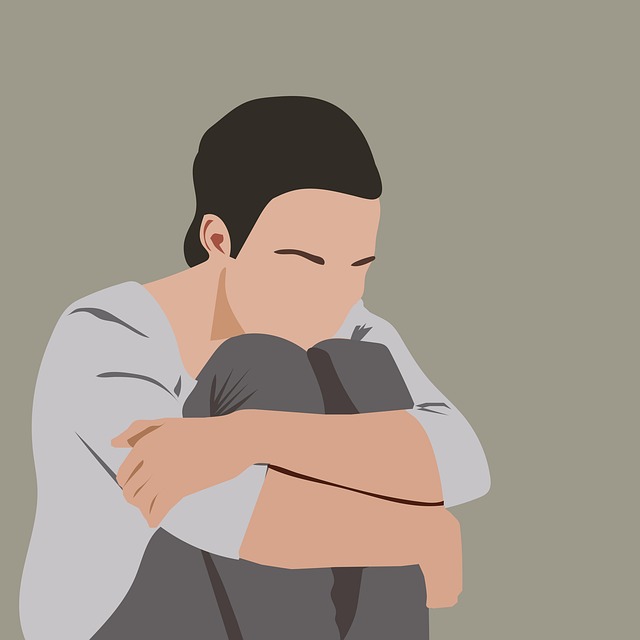Chronic stress, left unmanaged, can have severe consequences on mental and physical health, as seen in conditions like Littleton Obsessive Compulsive Disorder (OCD). Key strategies for effective stress management include recognizing triggers, practicing self-care, and social skills training. Cognitive Behavioral Therapy (CBT), offered through Littleton OCD Therapy, is an evidence-based approach that teaches individuals to challenge negative thoughts and improve well-being. Integrating compassion cultivation and community support networks enhances emotional regulation and reduces stigma. Burnout prevention strategies for therapists further improve patient outcomes in Littleton OCD therapy, promoting healthier coping mechanisms and enhanced stress resilience.
Stress management techniques are essential tools for maintaining mental health and overall well-being. In this comprehensive guide, we explore various approaches to understanding and mitigating stress, with a focus on Cognitive Behavioral Therapy (CBT) as a powerful tool. From recognizing triggers to implementing practical daily strategies, you’ll discover methods tailored for even the busiest of lives. We also delve into successful case studies, including how Littleton Obsessive Compulsive Disorder (OCD) Therapy utilizes innovative techniques to help clients manage stress effectively.
- Understanding Stress and Its Impact on Mental Health
- The Role of Cognitive Behavioral Therapy in Stress Management
- Practical Techniques for Daily Stress Reduction
- Case Studies: Effective Stress Management in Littleton OCD Therapy
Understanding Stress and Its Impact on Mental Health

Stress is a natural response to various life challenges, but when it becomes chronic, it can significantly impact mental health. It affects our emotional well-being, cognitive abilities, and even physical health. In some cases, excessive stress may contribute to conditions like Littleton Obsessive Compulsive Disorder (OCD) Therapy, where individuals experience intrusive thoughts and repetitive behaviors as a coping mechanism. Recognizing the signs and understanding the root causes of stress is essential in managing it effectively.
The impact of stress on mental health cannot be overstated. Prolonged exposure to stressful situations can lead to increased anxiety, depression, and difficulty concentrating. Self-Care Practices play a pivotal role in mitigating these effects, helping individuals develop resilience and promote Mental Wellness Coaching Programs Development. Social Skills Training is another valuable tool, teaching individuals how to navigate relationships and reduce social stressors, ultimately fostering better mental health outcomes.
The Role of Cognitive Behavioral Therapy in Stress Management

Cognitive Behavioral Therapy (CBT) plays a pivotal role in stress management by helping individuals identify and modify negative thought patterns and behaviors that contribute to their stress levels. This evidence-based approach is particularly effective for those dealing with mental illnesses like obsessive-compulsive disorder (OCD), which can significantly impact daily functioning and induce overwhelming stress. Through CBT, individuals learn to challenge and replace irrational thoughts with more realistic and balanced perspectives, thereby reducing anxiety and improving overall well-being.
In the context of Littleton OCD Therapy, CBT techniques are tailored to address specific obsessions and compulsions unique to each individual. This personalized approach not only targets the symptoms but also fosters resilience against relapse. Moreover, integrating Compassion Cultivation Practices and Social Skills Training within CBT has shown promise in reducing the Mental Illness Stigma Reduction Efforts, enhancing emotional regulation, and promoting healthier social interactions, all of which contribute to more effective stress management.
Practical Techniques for Daily Stress Reduction

Stress management is an integral part of maintaining good mental health, and teaching practical techniques can empower individuals to take control. One effective approach is incorporating self-care routines into daily lives. This involves dedicated time for activities that promote relaxation and rejuvenation, such as meditation, deep breathing exercises, or engaging in hobbies one loves. For instance, a simple morning ritual of mindfulness meditation can set a calm tone for the day ahead, while a consistent exercise routine releases endorphins, naturally reducing stress levels.
Additionally, fostering emotional intelligence is a powerful tool. Teaching individuals to recognize and understand their emotions allows them to respond rather than react to stressful situations. This skill, often cultivated through therapy like Littleton Obsessive Compulsive Disorder (OCD) treatment programs, enables people to develop healthier coping mechanisms. Encouraging open dialogue about emotions and providing safe spaces for expression can significantly contribute to stress reduction. Community outreach programs focused on mental health awareness and support networks further enhance these efforts by fostering a sense of belonging and shared experience.
Case Studies: Effective Stress Management in Littleton OCD Therapy

In the realm of Littleton Obsessive Compulsive Disorder (OCD) Therapy, case studies provide compelling insights into effective stress management techniques. Researchers have found that integrating burnout prevention strategies for healthcare providers into OCD therapy can significantly enhance emotional intelligence and emotional well-being promotion techniques. For instance, one study highlights a tailored approach where therapists encouraged patients to recognize and challenge their obsessive thoughts, replacing them with healthier coping mechanisms. This not only reduced symptoms but also fostered better stress resilience among individuals battling OCD.
The success of these interventions underscores the importance of holistic therapy models in addressing mental health issues like OCD. By incorporating strategies from Burnout Prevention Strategies for Healthcare Providers, therapists can create supportive environments that encourage emotional expression and teach effective stress management techniques. This multidisciplinary approach ensures that patients develop not just symptom-focused skills but also long-term tools to maintain optimal emotional well-being.
Stress management techniques are invaluable tools, especially in navigating the challenges of mental health. As demonstrated by Littleton Obsessive Compulsive Disorder (OCD) therapy cases, integrating cognitive behavioral therapy and practical daily strategies can significantly reduce stress levels. By understanding the impact of stress and adopting evidence-based methods, individuals can enhance their well-being and lead more fulfilling lives. These techniques offer a path to resilience and self-care, empowering folks to manage stress effectively in their daily routines.














